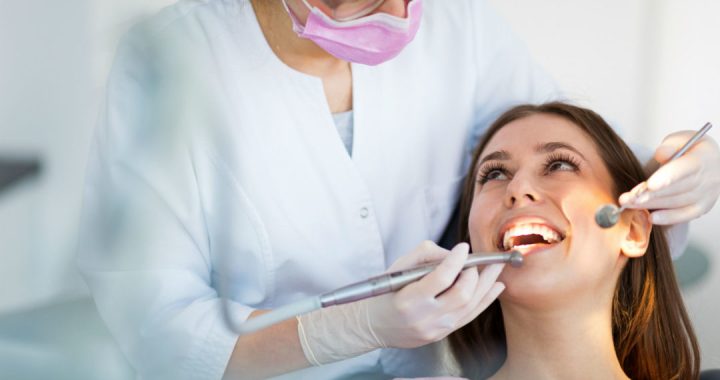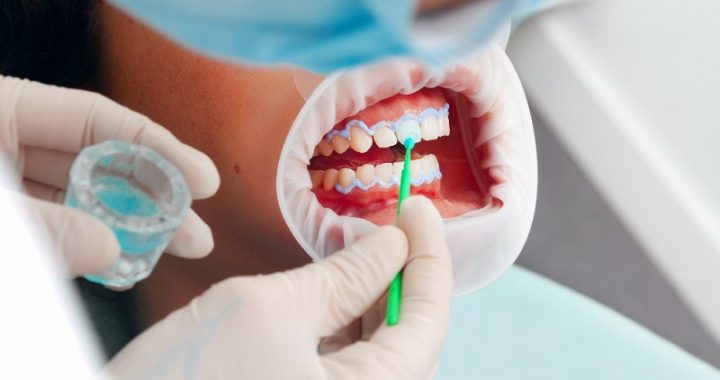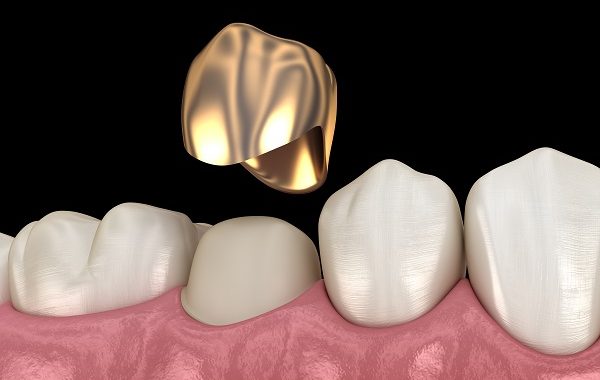Demystifying Dental X-Rays: Understanding the Basics in Lincoln, NE
When it comes to dentistry, X-rays are essential for identifying oral problems that might not be obvious to the unaided eye. These pictures give dentists important information about the condition of the gums, teeth, and underlying bone structures, which helps them diagnose patients and create efficient treatment regimens. Dental X-rays are important, yet many Lincoln, Nebraska patients may have doubts or reservations about them. We hope to demystify dental X-rays in Lincoln, NE dentist in this article by outlining their uses, varieties, precautions, and advantages.
Purpose of Dental X-Rays
Dental X-rays, also known as radiographs, are diagnostic tools used by dentists to:
- Detect Dental Issues: X-rays can reveal tooth decay, cavities, gum disease, infections, and abnormalities in tooth development.
- Assess Oral Health: X-rays help dentists evaluate the condition of teeth, roots, and surrounding structures, including bone density and alignment.
- Plan Treatments: X-rays aid dentists in planning and performing various dental procedures, such as fillings, root canals, extractions, and orthodontic treatments.
- Monitor Changes: X-rays allow dentists to monitor changes in oral health over time and track the progression of dental conditions.
Types of Dental X-Rays
There are several types of dental X-rays commonly used in dental practices in Lincoln, NE:
- Bitewing X-Rays
- Periapical X-Ray
- Panoramic X-Rays
- Orthodontic X-Rays
Safety Measures for Dental X-Rays
Radiation exposure is a part of dental X-rays, however, it is very low and thought to be safe for patients. When taking X-rays, dentists in Lincoln, NE follow tight protocols and safety precautions to protect their patients:
- Lead Aprons and Thyroid Collars: Patients wear lead aprons and thyroid collars during X-ray procedures to minimize radiation exposure to vital organs.
- Digital X-ray technology: Digital X-ray technology reduces radiation exposure and produces high-quality images with lower radiation doses compared to traditional film X-rays.
- Proper Technique: To reduce radiation dispersion and guarantee reliable imaging, dentists employ precise procedures and equipment setups.
Dental X-rays are essential resources that help Lincoln, Nebraska dentists provide top-notch dental care. Patients who are aware of the benefits, types, safety precautions, and purpose of dental X-rays might feel comfortable using them as diagnostic tools.
When taking X-rays, Lincoln, Nebraska dentists put their patients’ safety and well-being first, making sure that every treatment is carried out precisely and carefully. Dental X-rays continue to be essential for preserving the best possible oral health and enhancing general well-being thanks to the cooperative efforts of patients and dentists.

 The Essential Role of Dental Care in Overall Health: A Comprehensive Guide
The Essential Role of Dental Care in Overall Health: A Comprehensive Guide  Teeth Whitening: Do’s and Don’ts for Lasting Results
Teeth Whitening: Do’s and Don’ts for Lasting Results  The Transformational Impact Of Dental Crowns In Cosmetic Dentistry
The Transformational Impact Of Dental Crowns In Cosmetic Dentistry  Internists And Their Invaluable Role During Pandemics
Internists And Their Invaluable Role During Pandemics  Pediatric Orthopedic Surgery: What Parents Need To Know
Pediatric Orthopedic Surgery: What Parents Need To Know  Types of Dental Bridges
Types of Dental Bridges  From Breath to Flow: Understanding the Role of Pranayama in Vinyasa Yoga
From Breath to Flow: Understanding the Role of Pranayama in Vinyasa Yoga  Top 5 Benefits of Specialized Healthcare for Veterans
Top 5 Benefits of Specialized Healthcare for Veterans  The Role of Supplements in Modern Health: A Balanced Perspective
The Role of Supplements in Modern Health: A Balanced Perspective  Which delta 9 gummies are known for their potency?
Which delta 9 gummies are known for their potency?